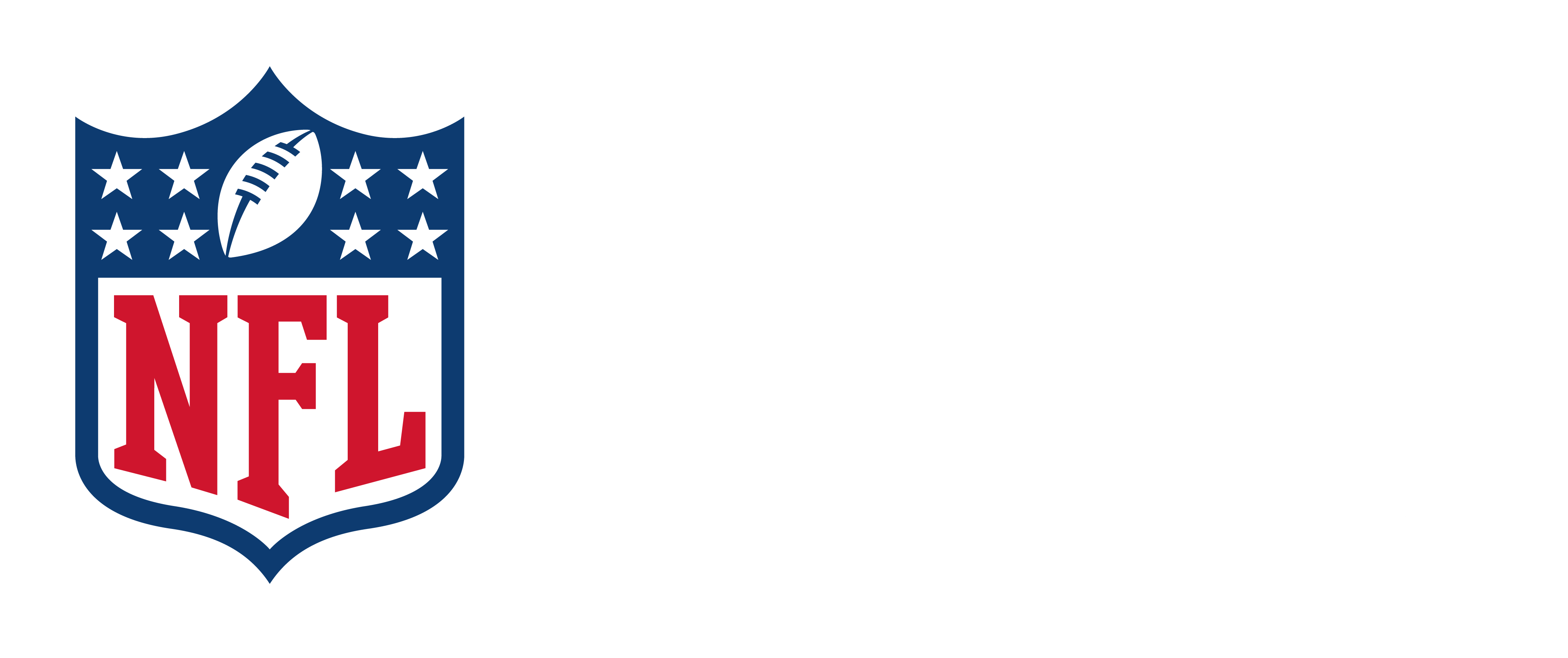With NFL training camps underway across the country, players and club personnel are adapting to a new normal.
"It's no different than what anyone else has to deal with," said Baltimore Ravens head coach John Harbaugh. "If you look at things that are going on in the world right now, whether it's grocery shopping or getting gas, you've got to figure it out."
The COVID-19 pandemic has created an unprecedented need to reimagine football – from facility layouts to club access to return-to-play activities. To keep players, coaches and personnel as safe as possible in the team environment, the NFL and NFLPA have rolled out COVID-19 plans aimed at mitigating the spread of the virus.
"We received a 45-page email that basically [said] this is what you need to do to be ready for when your players arrive. It was very comprehensive and to be honest with you, very strict," said Houston Texans head coach Bill O'Brien.
The COVID-19 protocols include guidelines driven by medical science and developed in concert with infectious disease experts, the CDC, public health officials and medical experts from other leagues. These guidelines cover every aspect of a club's operations, including screening and testing, physical distancing, contact tracing, facility modifications and behavior-based overhauls.
Players started reported for training camp July 28, providing them an opportunity to walk-through club facilities and see the league's new protocols in action for the first time.
The First Impression
Atlanta Falcons quarterback Matt Ryan was impressed by protocols the club implemented to maintain social distancing best practices, which includes individual bathrooms and changing areas.
"The facility is definitely different. We're lucky that we've got a massive setup for us to be able to space out and make sure that we're up to code on all of the protocols," said Ryan. "Our staff here has done an amazing job of trying to make it as safe as possible for everybody and I appreciate them doing that."
Following a walk-through of the Kansas City Chiefs facility, Super Bowl LIV champion Patrick Mahomes said he felt "even better" about the upcoming season.
"Seeing all the protocols that [Vice President of Sports Medicine and Performance] Rick [Burkholder] and all these guys have put forth, it's really made me feel even better than I thought coming in," said Mahomes.
He added: "Knowing how much the NFL and the NFLPA has really put in to making sure that we can be as safe as we possibly can be. That's put my mind at ease of knowing I'm going to be in the best possible situation, given the time, to be as safe and as healthy as possible."
Overall, there is a sense that the NFL and NFLPA are implementing policies that continue to prioritize health and safety.
"I definitely feel safe here," said Philadelphia Eagles quarterback Carson Wentz. "I'm optimistic that we can execute all protocols, guys can stay safe, guys can stay healthy."
"The organization has changed everything and put in the right safety precautions," said Houston Texans quarterback DeShaun Watson. "The first couple days of camp have been great and what we've seen has been a big change."
A Shared Responsibility
Effective COVID-19 risk mitigation isn't limited to the official policies in place at club facilities – it also requires a commitment to shared responsibility regarding behavior away from the team.
"It's a unique time. I know there's a work-life balance for our players. I completely understand that, but this is such a unique time, and they have to take care of their teammates," said Cleveland Browns head coach Kevin Stefanski.
"We talk so much about being a good teammate, and one of the ways you can be a good teammate is when you leave this bubble and go into your own bubble, just making sure that you are making really sound decisions," he added.
Miami Dolphins head coach Brian Flores emphasized that being a good teammate could mean making some personal sacrifices this year.
"[Players] are going to have a responsibility to themselves, to this team, to make some sacrifices in the building and outside of the building," said Flores. "If we don't make the right decisions, if we're in bars and in crowded restaurants, the likelihood of us bringing the virus into the building is very high."
The end goal for everyone is the same: keeping the team environment as safe as possible.
An Ongoing Commitment to Safety
The NFL continues to work with players and club personnel to educate them and their families about the virus and ensure all of their questions are answered, fostering responsible decision-making outside of the football environment.
"It's about education. It's not just education by coaches, the athletic trainers and the doctors here. It's also peer-to-peer education," said Scott.
"It's self-policing a little bit in terms of making sure we're going to hold each other accountable and make sure that this is just not about your personal health, but it's about the health of the guy next to you," he added.
The NFL continues to consult with leading public health experts – and remains prepared to make changes as knowledge of the virus evolves.
"If we learn of ways to make our facility cleaner and safer for our players, coaches and staff, then we're going to implement them," said Miami Dolphins owner Stephen Ross.











